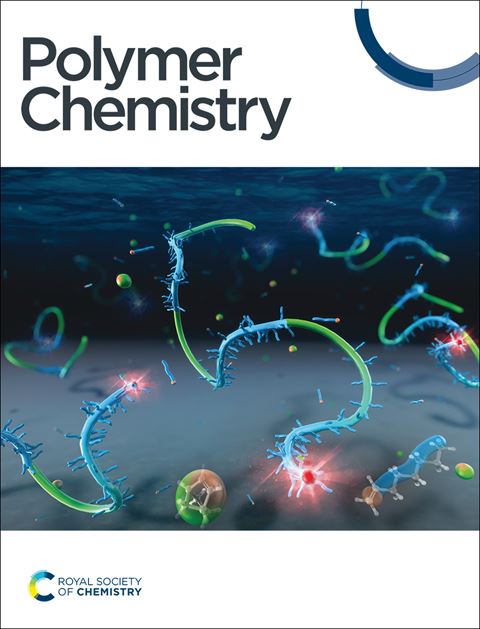高分子科学中人工智能的基本概念和工具
IF 4.1
2区 化学
Q2 POLYMER SCIENCE
引用次数: 0
摘要
近年来,人工智能(AI)已成为跨科学学科的变革力量,为分析数据、预测材料性能和优化工艺提供了新的方法。然而,将其整合到聚合物科学中仍然是一个挑战,因为该领域传统上依赖于经验方法和直觉驱动的发现。聚合物系统的复杂性,加上技术障碍和缺乏跨学科培训,减缓了人工智能的采用,使许多研究人员不确定从哪里开始。这一视角为聚合物科学家提供了一个切入点,介绍了人工智能在现实世界中的应用、可访问的工具和主要挑战。它不是针对专家的详尽审查,而是旨在降低进入壁垒,激发跨学科对话,弥合传统聚合物研究与数据驱动创新之间的差距。随着人工智能重塑材料发现,今天拥抱这一变革的人将定义聚合物科学的未来。本文章由计算机程序翻译,如有差异,请以英文原文为准。
Basic Concepts and Tools of Artificial Intelligence in Polymer Science
In recent years, artificial intelligence (AI) has emerged as a transformative force across scientific disciplines, offering new ways to analyze data, predict material properties, and optimize processes. Yet, its integration into polymer science remains a challenge, as the field has traditionally relied on empirical methods and intuition-driven discovery. The complexity of polymer systems, combined with technical barriers and a lack of interdisciplinary training, has slowed AI adoption, leaving many researchers uncertain about where to begin. This perspective serves as an entry point for polymer scientists, introducing AI’s real-world applications, accessible tools, and key challenges. Rather than an exhaustive review for specialists, it aims to lower entry barriers and spark interdisciplinary dialogue, bridging the gap between conventional polymer research and data-driven innovation. As AI reshapes material discovery, those who embrace this transformation today will define the future of polymer science.
求助全文
通过发布文献求助,成功后即可免费获取论文全文。
去求助
来源期刊

Polymer Chemistry
POLYMER SCIENCE-
CiteScore
8.60
自引率
8.70%
发文量
535
审稿时长
1.7 months
期刊介绍:
Polymer Chemistry welcomes submissions in all areas of polymer science that have a strong focus on macromolecular chemistry. Manuscripts may cover a broad range of fields, yet no direct application focus is required.
 求助内容:
求助内容: 应助结果提醒方式:
应助结果提醒方式:


